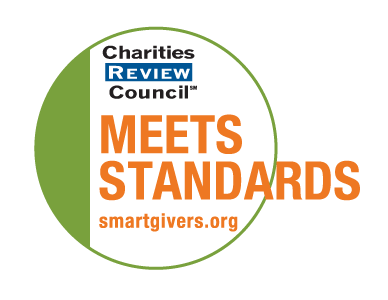
At the Annex, we take our work very seriously. Read about the best practices that we undertake. These help us ensure we provide the best services to the young adults that visit us every day.
A Comprehensive, Fact-Based Approach
Effective sexuality education is medically accurate, based on facts, and addresses a wide range of topics that are relevant to young people. The sexuality education we provide at the Annex:
- Begins with parents and caregivers as the primary sexuality educators of their children.
recognizes sexuality as a positive, healthy part of life and teaches behavior that is respectful, responsible, non-exploitative and nonviolent. - Respects individuality and a wide range of community norms, cultures, cultural beliefs, and language regarding human sexuality.
- Is designed to encourage and support young people in developing their identities
- Recognizes the importance of communities, institutions, and individuals working in partnership with families to raise sexually healthy children.
- Parents as primary sexuality educators
- Providing resources and education to empower parents and caregivers to serve as sexuality educators for their children. Young people who are strongly “connected” to their parents are more likely to postpone intercourse, have fewer sexual partners, and use contraception consistently.
Culturally Relevant Services
The Annex Teen Clinic involves community members in the creation and improvement of our services. We do this in an effort to meet the unique needs of diverse communities. Community participation also fosters a sense of ownership that, in turn, enhances sustainability.
Youth at the Table
The best way to meet the needs of young people is to ask them what those needs are and truly listen to their response. We have our three youth councils that help inform our services. Also, we are proud to have clients serving on our board of directors.
Collaborating with Faith Communities
The Annex Teen Clinic collaborates with faith communities to provide fact-based sexual health information. We center the unique values and norms of individual faith communities around sexual health education. Faith communities can play an important role in helping members acquire sexual educations. They help to clarify their values, build interpersonal skills, and understand the spiritual, emotional, and social aspects of sexuality.
A Youth Development Framework
Youth development programs are based on the idea that strong bonds. These bonds include schools, families and support systems protect young people from risky behaviors. Young people have a set of underlying needsbeyond the biological. If these needs are met, it will increase the possibility they will grow into caring, competent adults.
Measurable Outcomes
The Annex Teen Clinic utilizes the most current research and evaluation tools. We use these to assess individual knowledge, attitude, skills and confidence. All to curate program goal setting, program planning, program evaluation, and improving and sustaining programs. This includes engaging young people in evaluating and advising us on our services.
Access to Confidential Health Care Services
In Minnesota, a minor’s right to access confidential sexuality-related health care is guaranteed by Minnesota Statute 144.341-347. Confidential access to information and services can help to reduce risky behaviors. These include particularly behaviors that can lead to pregnancy and sexually transmitted infections (STIs). Research shows that adolescents may not access health services without the guarantee of confidentiality. The minors’ consent law does not ignore the value of parent-child communication. In fact, health care professionals help adolescents reconnect and communicate better with parents and adults.
Trauma-Informed Care
We conduct our work through a trauma-informed lens. This means that we are taking into consideration that young people have had a range of experiences, including experiences of trauma. These experiences can influence their understanding of their sexuality and impact their sexual health. In our work, we aware of and sensitive to the possibility that a young person has experienced trauma. Therefore, we must create a space that is safe for that person.
Motivational Interviewing
Motivational interviewing is a person-centered counseling style for eliciting behavior change by helping clients to explore and resolve ambivalence. Practitioners support an individual through practicing acceptance, empathy, collaboration, and evocation. Using motivational interviewing, they help an individual figure out what their goals are and how to meet them. In sexual health, this means a young person decides for themselves what their values and goals are. Then, they determine what will work best for them.

